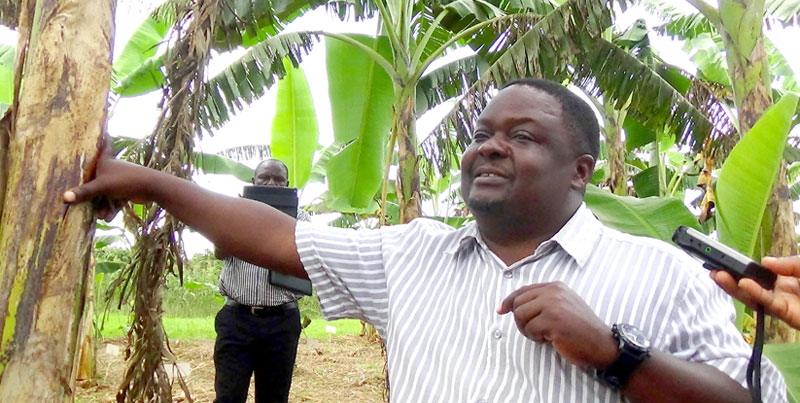News
Plant Science Critical to weathering Climate Change

Using a first-of-its-kind data model and dividing the world into 21, 000 geographic sections it pinpoints the agricultural technologies and practices that can most significantly reduce food prices and food insecurity.
The study, Food Security in a World of Growing Natural Resource Scarcity: The Role of Agricultural Technologies published on 12 February 2014 by the International Food Policy Research Institute (IFPRI), examines 11 agricultural practices and technologies and how they could help farmers improve the sustainability of growing three of the world’s main staple crops – maize, rice, and wheat.
The 11 agricultural technologies and practices studied were crop protection, no-till farming, drought tolerance, heat tolerance, drip irrigation, sprinkler irrigation, water harvesting, integrated soil fertility management, nitrogen-use efficiency, precision agriculture and organic agriculture.
Findings from the report show:
• No-till farming alone could increase maize yields by 20 percent, but also irrigating the same no-till fields could increase maize yields by 67 percent in 2050.
• Nitrogen-use efficiency could increase rice crop yields by 22 percent, but irrigation increased the yields by another 21 percent.
• Heat-tolerant varieties of wheat could increase crop yields from a 17 percent increase to a 23 percent increase with irrigation.
Mark Rosegrant, lead author of the report, explained how there was no one-size-fits-all solution to food security.
“The reality is that no single agricultural technology or farming practice will provide sufficient food for the world in 2050,” he said. “Instead we must advocate for and utilize a range of these technologies in order to maximize yields.”
The study shows how a mix of agricultural technologies could reduce the number of food insecure people by as much as 36 per cent and decrease food prices by up to 49 per cent for maize, 43 per cent for rice and 45 per cent for wheat due to increased crop productivity in 2050.
Launched with the report is an online tool, The Agritech Toolbox, which enables policymakers to work directly with the study results and visualize how technologies can impact food security and natural resource use at a global, regional and even national level. This tool will be essential for policymakers in developing future agricultural investment strategies.
Comments

























